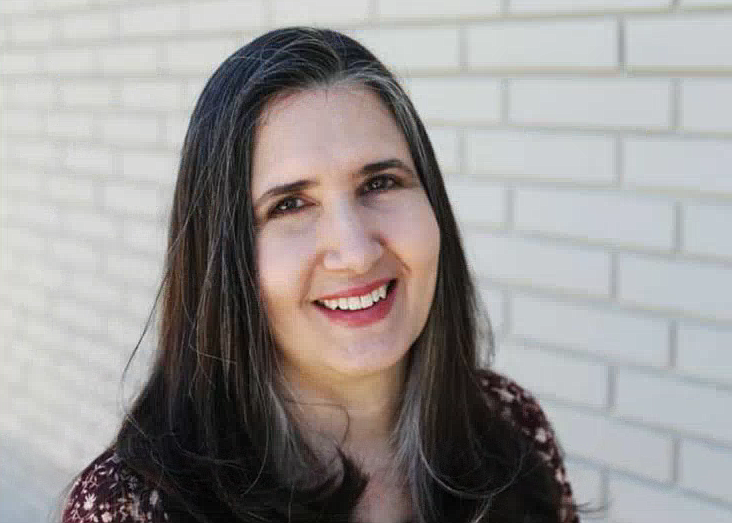What is and isn’t a disability is not up for debate. But when applied to social interactions, it becomes a question of perception. Disability Awareness Month aims to correct these misconceptions.
July is Disability Pride Month. Founded in 1990 when Congress passed the Americans with Disabilities Act, which extended basic civil rights to people with disabilities, Disability Pride Month is a time for the disability community to embrace who we are, rediscover the spotlight, and encourage each other.
According to data collected by the Centers for Disease Control and the annual American Community Survey, between 13 and 27 percent of Americans of all ages have some kind of disability. This wide range reflects variation from year to year, the types of disabilities measured, and the populations included in the statistics.
Disabilities can be partial or complete; physical, behavioral, emotional, sensory or developmental; many are a combination; and most are not well understood by people without disabilities.
Using the most recent census data available, the CDC reports that 14% of disabilities are cognitive disabilities, 12% are mobility disabilities, 6% are hearing disabilities, 5% are vision disabilities, and 11% are disabilities related to independent living or self-care.
While disabilities are often beyond a person’s control, certain health problems can increase the risk of or worsen a disability. People who are obese are about 30% more likely to have a disability, and smokers are twice as likely. Due to high costs, one in four people with disabilities cannot get the medical care they need.
Everyone wants to feel dignity, respect, and independence. To that end, according to disability organizations, people with disabilities want others to know that:
Not all disabilities are visible, and their challenging side effects are not necessarily visible every day and in every situation.
If someone tells you they have a disability, please listen. You don’t have to tell them your medical history just to be heard and accepted. Never respond with, “But you seem fine.”
No one is “too young” to have a disability.
Sometimes the intention to be helpful can simply come across as shorthand. Don’t suggest “cures” or solutions to disorders you know nothing about. (“Have you tried yoga? Acupuncture? Dr. X’s miracle supplement?”)
Focus on the person, not the disability. Everyone wants to be seen and respected as an equal.
Don’t stare.
Empathy is welcome, but sympathy is not.
Before you try to help, ask. They may not need help, or they may need something else.
Speaking of help, North Idaho has several nonprofits, agencies, and other organizations that help people with disabilities and their families. If you need help, please email us and we’ll do our best to connect you with potential sources of help.
“My advice to other disabled people is to focus on not letting your disability stop you, and not regret the things it stops you from doing. Don’t let your disability stop you, not just your body but your mind as well.” — Stephen Hawking
• • •
Shoreh Patrick is a columnist for the Hagadorn News Network. He can be reached at [email protected].

